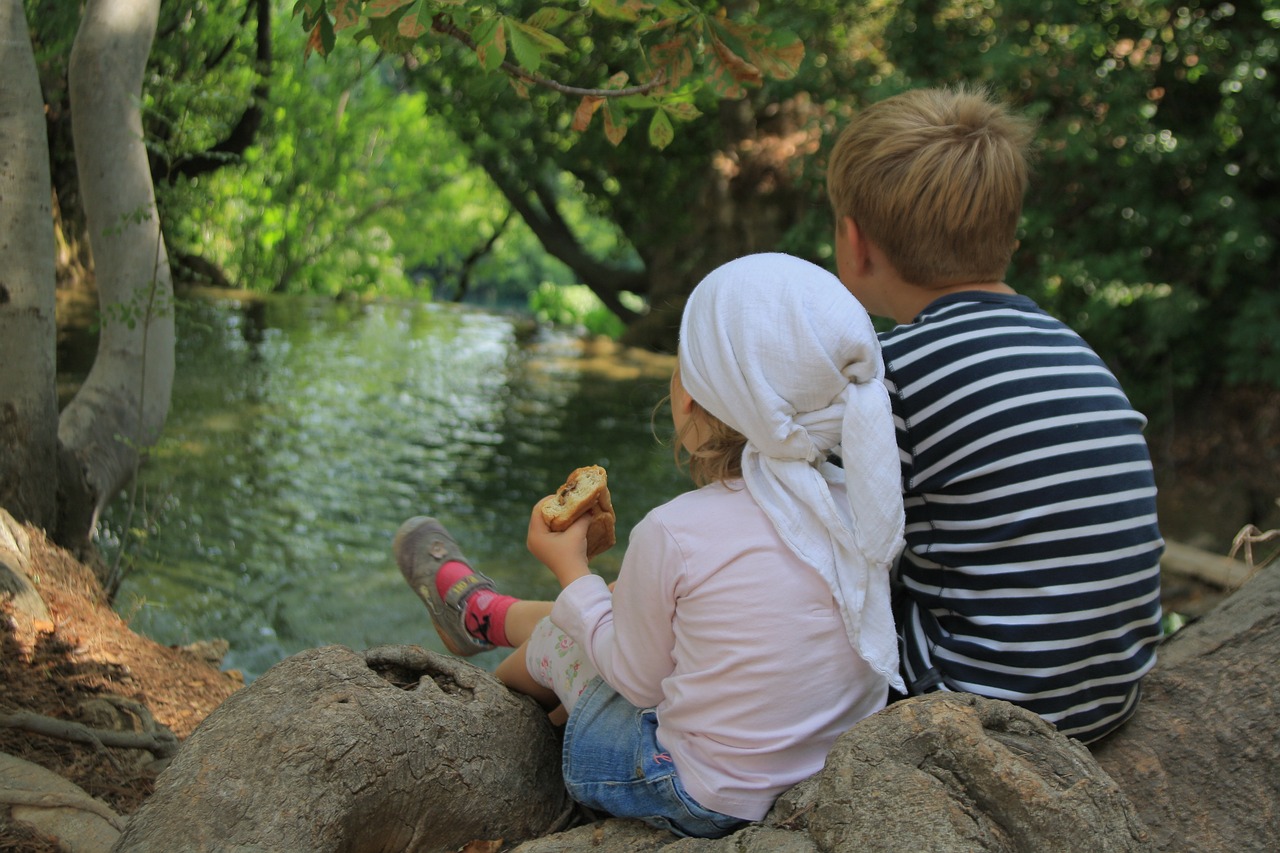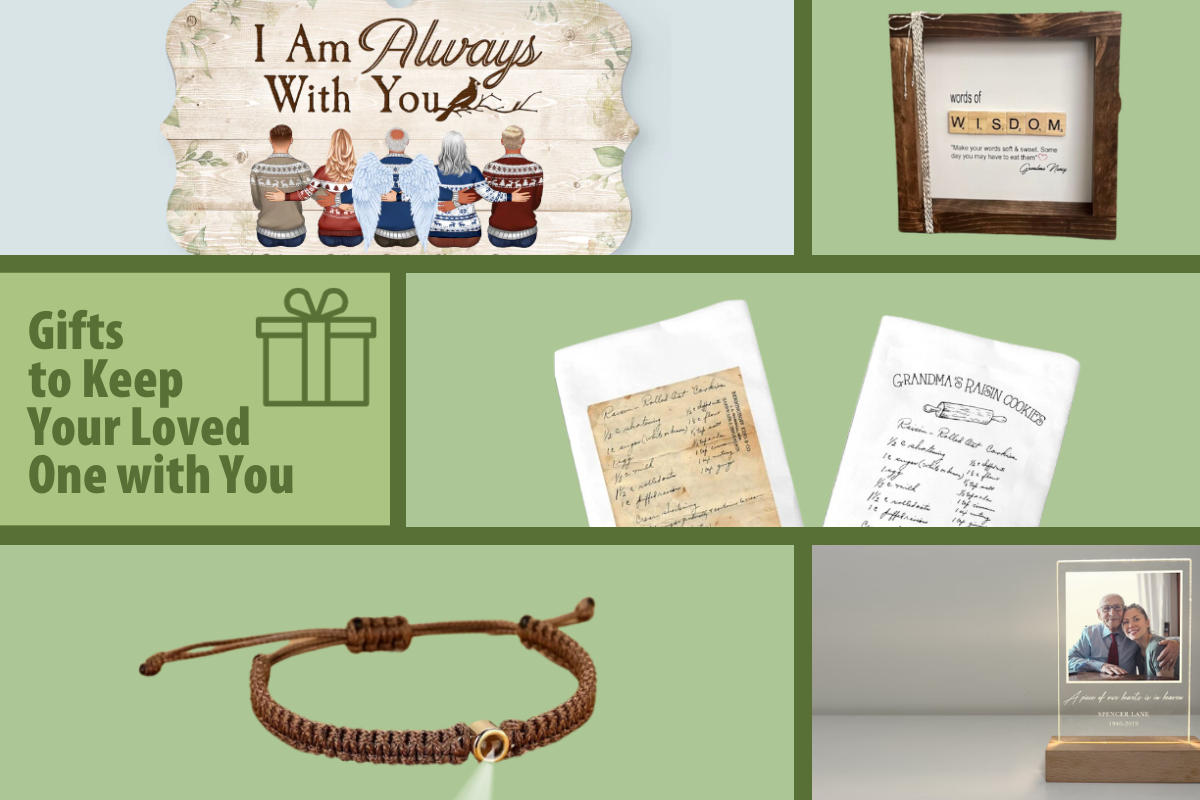Siblings and Grief: Advice for Talking with Kids Who Have Lost a Sibling

Not too long ago a little boy named Ben died of an aggressive brain tumor.
Ben’s mom, also mother to his identical twin brother and younger sisters, blogged about Ben and the family; about hope and grief. Blue4Ben became a trending topic, the city of Buffalo lit the Peace Bridge blue (the color Ben wore to distinguish him from his brother, Jack), and prayer chains ensued.
Ben’s family only had four months from his diagnosis to his death, but they’ve had two years now of grief and redefining normal for their family.
They talk about Ben and what happened to him. And that’s good.
Siblings and Bereavement: Time to Talk
“It’s a misconception that talking about the death of a family member is bad for children. Conversations about death just acknowledge the pain that is already being felt,” says Cheryl Williams, Crossroads Hospice & Palliative Care bereavement coordinator in Memphis, Tenn.
“In fact, talking with siblings about grief and death can relieve stress.”
Counselors agree that just as every relationship is different, every grief journey is different. It is not uncommon for children to revisit losses as they mature. One thing that is universally important, however, is honesty.
Avoid misleading terms such as “passed” or “sleeping” and instead opt for the simple “died.”
“’The angels have taken him away,’ can also be especially scary for young children,” says Pam Dimsdale, Crossroads bereavement coordinator from Kansas City, Mo.
“Younger children may fear that angels will also come back for them, or that if they go to sleep, they won’t wake up, just like their brother or sister.”
Even older kids need to know that the death was not their fault. You can say things like “Ben had an illness, and eventually his body couldn’t fight that illness anymore and shut down,” says Pam.
Parents also have to be flexible, and answer questions when their children want to talk. Or let them draw. Or sing. Or tell you a memory.
Sibling Bereavement
Like all of us, the level of grief children feel is directly related to the relationship they had with a brother or sister (or an adult family member, for that matter). The difference is that for children, grief may be cyclical — they can’t sit with that emotion for too long.
“It’s not unusual for kids to have one foot in grief and one foot outside,” says Cheryl. “Kids may play and be happy one moment, and be melancholy the next.”
Safety is a Theme for Siblings During Grief
By showing your other children that you are sad, it allows them to be sad. Just as showing interest and happiness doesn’t disregard the child that is gone, but gives brothers and sisters the permission to feel OK that life continues on.
What is important is to let the remaining children know that they are safe: There are adults who will be around to protect them.
Kids live in the moment, and may need to be told and retold that they are allowed to be sad, to be happy, to be lonely, or to be scared, and that no matter how they feel, they are loved.
For more Crossroads Hospice testimonials, visit the Crossroads Hospice Family Caregivers blog.
For questions about our grief support programs, please call us at 1-888-564-3405.
If you found this information helpful, please share it with your network and community.
Copyright © 2016 Crossroads Hospice & Palliative Care. All rights reserved.




